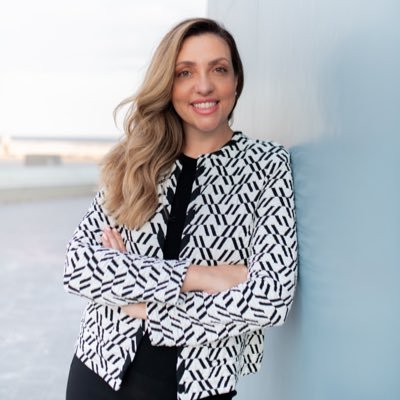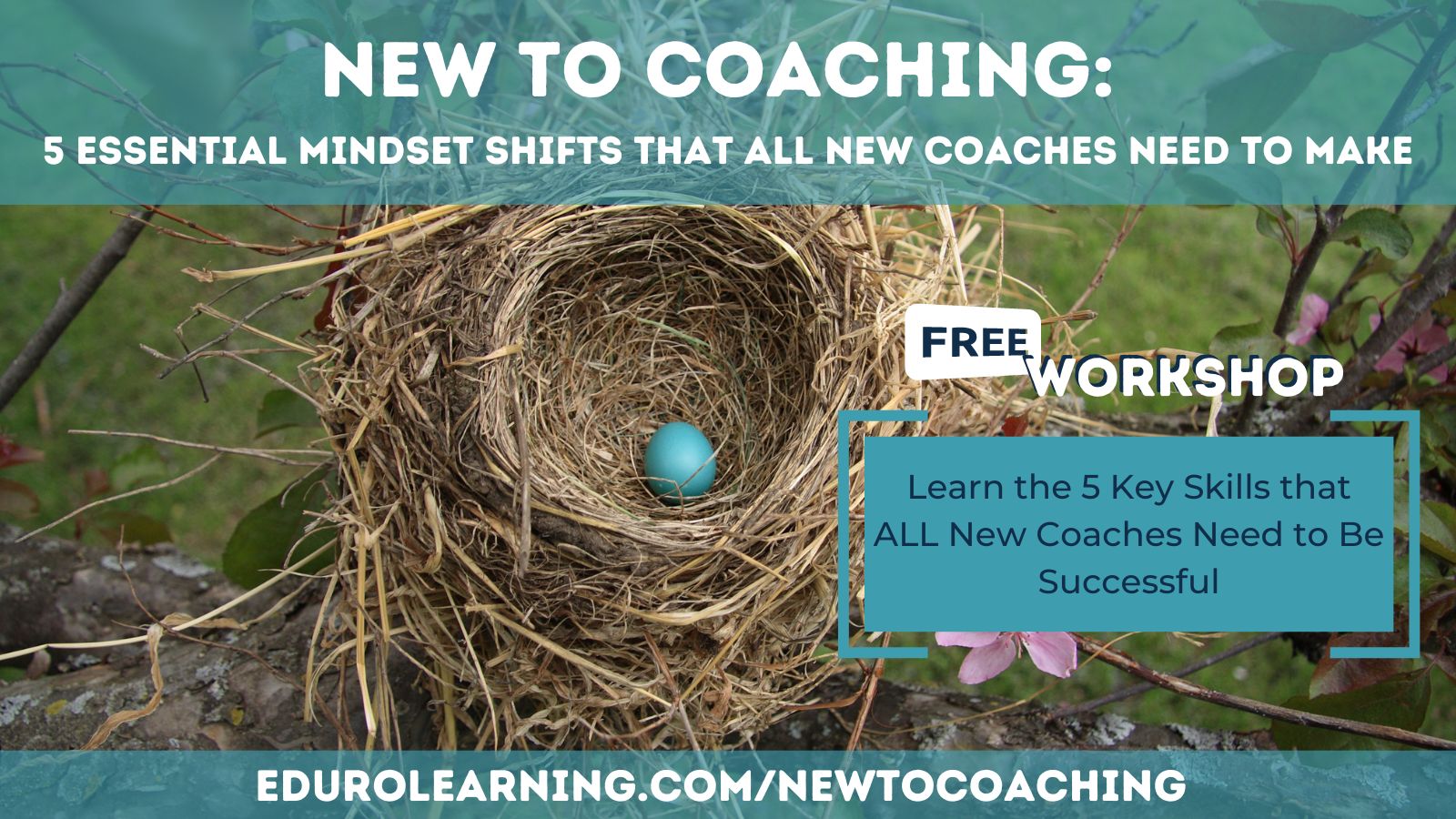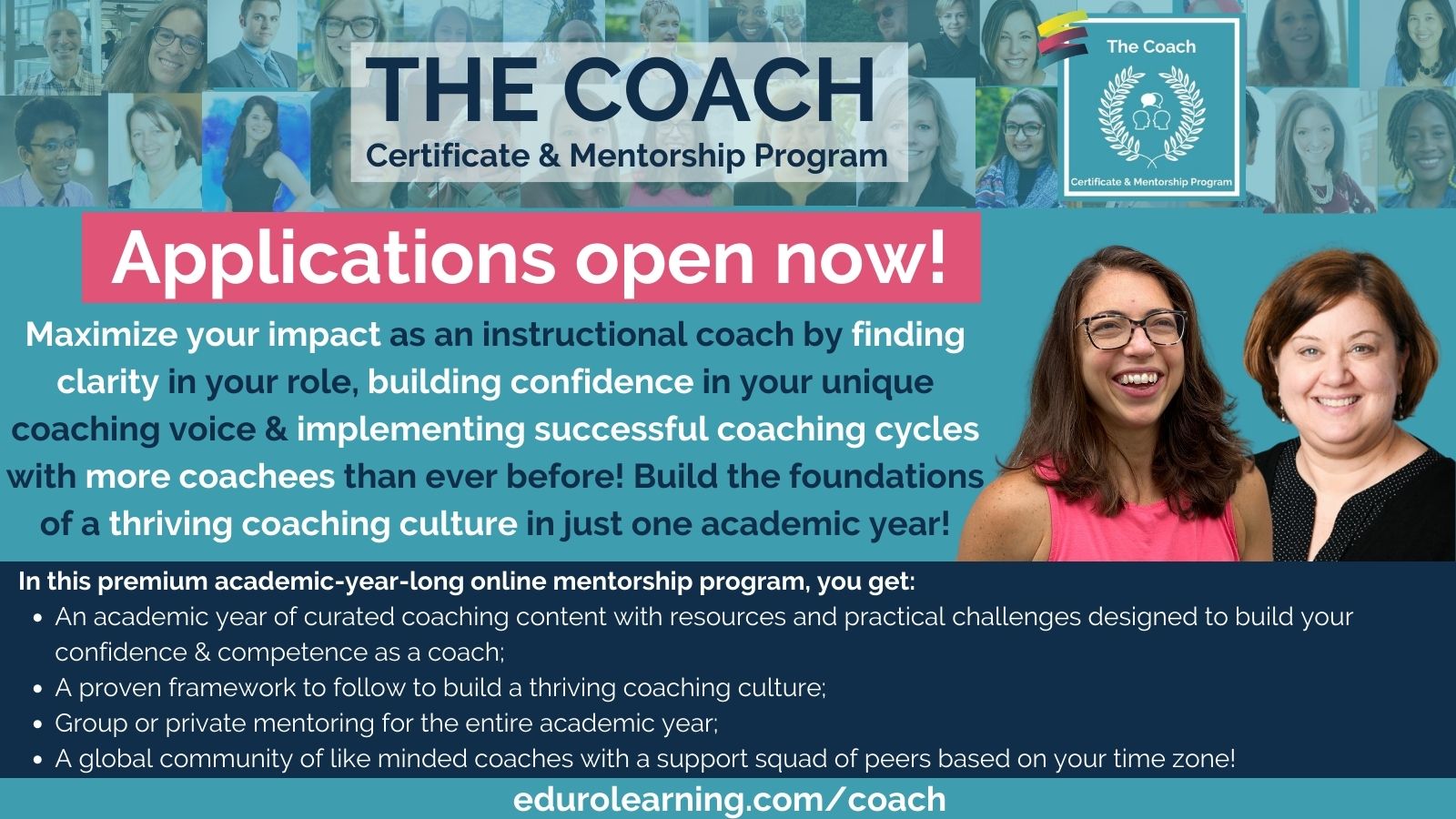In this #coachbetter episode, Clint & Kim chat with Kristine Mizzone, Curriculum Director, BFIS (Benjamin Franklin International School), Barcelona, Spain & Jenny Derby, Learning & Innovation Coach, ACS (American Community School) Abu Dhabi!
They chat with Kristine and Jenny together because they were part of the team that built the coaching program at BFIS in Barcelona. In this episode, we get to see the power of partnership between the Curriculum Director and Instructional Coach through the development of a strong coaching program. We talk about what coaching looked like prior to their arrival at the school, how they started the program, what they wish they knew before they started, how they got their colleagues on board, and how this experience has prepared them for the next steps in their professional careers. If you are in the process of building a coaching program and culture in your school, this episode is full of practical advice you can apply immediately!
Subscribe to #coachbetter via your favorite Podcast Player!
Featured Guests


Bonus! Watch the Spotlight Version on YouTube!
SHOW NOTES
Please tell us a little bit about your background in education?
Kristine: MS Spanish teacher in NJ. Husband was offered a job at ISBeijing as a PE teacher. At the time, no Spanish job, but a few months into his arrival, they had a position called Assessment Coordinator, then became Curriculum & PL Coordinator, moved to BFIS, Director of Learning at BFIS
Jenny: 11 years in California teaching ES/MS, became a K-8 Tech Coach, moved to BFIS, there for 3 years as K12 Tech Coach, now ACS K12 Learning & Innovation Coach
Your story of launching the program
Kristine: 2017. Kristine arrived at BFIS. Part-time coaches at ES level. Coaches were doing more “coaching light”, currently under the leadership of the ES Principal, but it wasn’t within her capacity to build the coaching team. Got the opportunity to hire for my “dream team” to provide job-embedded professional learning with high impact on student learning. Thinking about how to scale up, and then go beyond content. Restructuring the team to fall under the Director of Learning, and then advocating for full-time positions for coaches.
Jenny: I was put in front of the Senior Leadership Team (SLT) and teams a lot. Opportunities to be “seen” by lots of different colleagues, and pulled out of tech coaching role and be under the T&L team.
Clint: How did the rest of the SLT feel about having Jenny in more of an instructional coaching position?
Kristine: Intentionality. Pulled Jenny into all meetings with ES teams. Leadership team didn’t need much convincing. As soon as meetings were successful, Principals could see the value. Always able to advocate for the coaching team.
What was the position?
ES Literacy coach part-time
ES Math coach part-time
Got approval of PK12 tech coach
What you did to get started
Kristine: Redefining and rebranding the role. Part-time positions were lacking a clear structure, no mission at the time. Working in isolation. Building capacity as a team was new work to be done. Redefining meant that there were misconceptions floating around in the ES for the teachers. Is this person an evaluator? Is it safe to take a risk? Coaches lacked clarity, should I be doing all these extra things I’m being asked to do? With lack of clarity, the spaces would always get filled in. Very conscious that it wasn’t about fixing teachers, or about being an assistant principal. Once we knew it was about student learning, we did research on what coaching model would work best for us.
Created a manifesto at an individual level, and then as a group. Thought about the vision and scalability. How would we know we’ve been successful? Once we had that mapped out, we did the work of what a coach does and doesn’t do (really clear with a T-chart), then pulled the leadership team in on this conversation. How do we pull the leadership team in, as part of their professional learning, telling them this is what’s best for student learning.
Jenny: Did intentional work with teachers on what coaching is. You have to be so brave and thick-skinned in the early days and years. The belief around coaching was a certain profile/person, and we had to dispel a lot of that. We all have different roles and they look different, but it’s for the same outcome.
How did you have the confidence you needed?
Jenny: relationship and partnership with Kristine, elective coaching so I was able to demonstrate how I could do my job, professional learning to show alignment and intentionality in everything that we’re trying to accomplish, skilling up. Cognitive Coaching training. I go faster than other people are willing to go. But we were so intentional with the gradual release with teachers and admin. Who’s filling your bucket when you’re a coach? Shared space with Kristine.
Kristine: Shared space was key, having all of us together. We wanted us to create the collaboratory. We wanted a place that oozed collaboration but was also a lab setting. We’re taking risks in here, it’s messy, it’s hard and it’s rewarding. We called it the “collaboratory”. Leading this team meant regular weekly (long) meetings that were a mix of planning, and intentionally choosing inclusion activities to find out where my coaches were, as soon as I would pick up on something I would adjust the next meeting. Being responsive as a leader, to make sure those meetings were providing what they needed to fill their buckets. Practice sessions: paraphrasing & then try it.
Are you a new or aspiring instructional coach curious about being prepared for your role?
Being a coach can feel like you’re in the “messy middle” because you’re no longer in the classroom with really clearly defined expectations, but you’re also not a school leader, with clearly defined authority. You are learning and building new leadership skills that stem from your expertise as a classroom teacher, and can definitely be the bridge to a leadership position, but you’re in a gray area as a coach. It’s not always easy to make this transition, and there are some key strategies you can apply to feel confident, calm, and capable – even in your first year as an instructional coach!
This free, 25-minute workshop covers 5 Key Skills that ALL Coaches Need to Be Successful and is pre-recorded, practical and interactive for both growing and aspiring coaches.
BONUS: When you register, you’ll also receive an email with the editable (Google Docs) Workbook to use as reflection prompts throughout the workshop.
Register for this FREE workshop here!

Show Notes continued…
How was it bringing the other coaches on board?
Kristine: Ended up having a full-time literacy coach that scaled up to K8. Math coach remained part-time. Decided on a student-centered model, but really customized that for our context, took resources and tools from all models. We’re going to do real, formal coaching cycles. Slotted specific teams into the calendar. At our first go, it wasn’t invitational, team coaching, everyone was on the calendar at a certain point. 6-8 week cycles, time in between cycles to recalibrate. Intentionally get teams to share outs what the outcomes were during the cycle. Looked at the data at the beginning and the end of the cycle. Then asked other teachers what were their takeaways.
Jenny: Shareouts had incredible ripple effects across the school. Elevating teacher voice, celebrating a program, highlighting student achievement.
What went well and what you might change in retrospect?
Kristine: Scheduling / Invitational: If it had only ever been invitational, I don’t know what would have happened. There would always be a reason why they can’t engage with a coach. In the experience, the people really weren’t taking the advantage of working with a coach. We sent calendar invites the first time for all of the meetings – people didn’t like that. Maybe it’s somewhere in between. Calendar, sign up, we get to decide when we engage. Expectations set within professional learning plan that coaching is part of your professional learning plan.
Jenny: For professional learning at ACS this year, you’re required to have a lens of coaching in some format as your professional learning. Teachers appreciated responding with “this is our best thinking at the time”
Kristine: Pre-launch work with leadership & then ongoing work that has to happen the partnership. The way that looked in our model, at the start of our coaching cycle with a team, we invited the Principal in for a long chunk of time in the Collaboratory, we might read a chapter in a book or solve a problem of practice with us, and there would be an opportunity for the coach to share the teams student-centered goals and then ask the principal: “how might you help us with this?” and then invite them to specific opportunities for support. Helped them think about what kind of reflective questions they might ask. This would happen throughout, and then at the end invite them back in to share the experience and get feedback. It was really scheduled in.
How did you get that level of buy-in with Principals?
Kristine: partly they are exceptional leaders. Partly the quality of the meetings that we had. It was professional learning for them. The professional dialogue was such a break in the day for them.
Jenny: Part of their day is classroom visits so if we can help target what to look for, it aligns with what they need to do.
What your program looks like now – Defining to Refining
Kristine: The entire team changed this year, plus I was away on maternity leave. The recruiting process was very critical. How do school leaders recruit, interview and hire for these positions when they may not be clear what the position is? The onboarding was really critical. I stepped away and coaching continued and is thriving. Coaches are going to be leading themselves going forward. They’ve gotten there in terms of scaleability. K8 Literacy Coach is moving to K12 Instructional coach. There’s a culture for it, to happen beyond content & division. Structures and systems are continuing. At the “in between” stage in terms of invitational and mandatory.
How this experience has prepared you for the next steps in your career (Jenny to ACS, Kristine to consulting)
Jenny: Now I’m coaching, facilitating teams, individual coaching. Director of Learning at my current school wants to see what we learned, so we can tailor those experiences to this school. This worked and I’m so grateful I got to be a part of it. To have someone to lead that work, and to partner with, and to invest in you as an individual, so what I’ve learned from that is to do that for others. Finding what works for you and seeing how that works in any context.
Kristine: Director of Learning is so unique. The aspect of the job that I love the most is when I am doing leadership work that turns into on-the-ground classroom impact. It’s a wider impact. My new love is around coaching, the leadership that it takes to develop coaching, programs and people to have that impact. My hope is to support schools that are on this journey.
Uniquely endearing trait that others would say about you if asked
Jenny: people say that I bring sunshine into the room with me
Kristine: bring a process to everything
Level Up Your Coaching with The Coach!
If you are ready to develop your coaching practice over the next academic year, and explore topics like transitioning your work from individuals to teams, please join us for our next cohort of The Coach!
Wherever you are in building a coaching culture in your school, The Coach will give you the strategies, skills and tools you need to make coaching a success and will empower you to confidently apply instructional coaching strategies in any situation – from building a coaching program, to having coaching conversations, to being a leader in your school community. We facilitate only one cohort each academic year so we can offer individualized support for each participant.
Registration for our next global cohort opens once a year – check the website for details!

Find out more at: https://edurolearning.com/coach/





Recent Comments